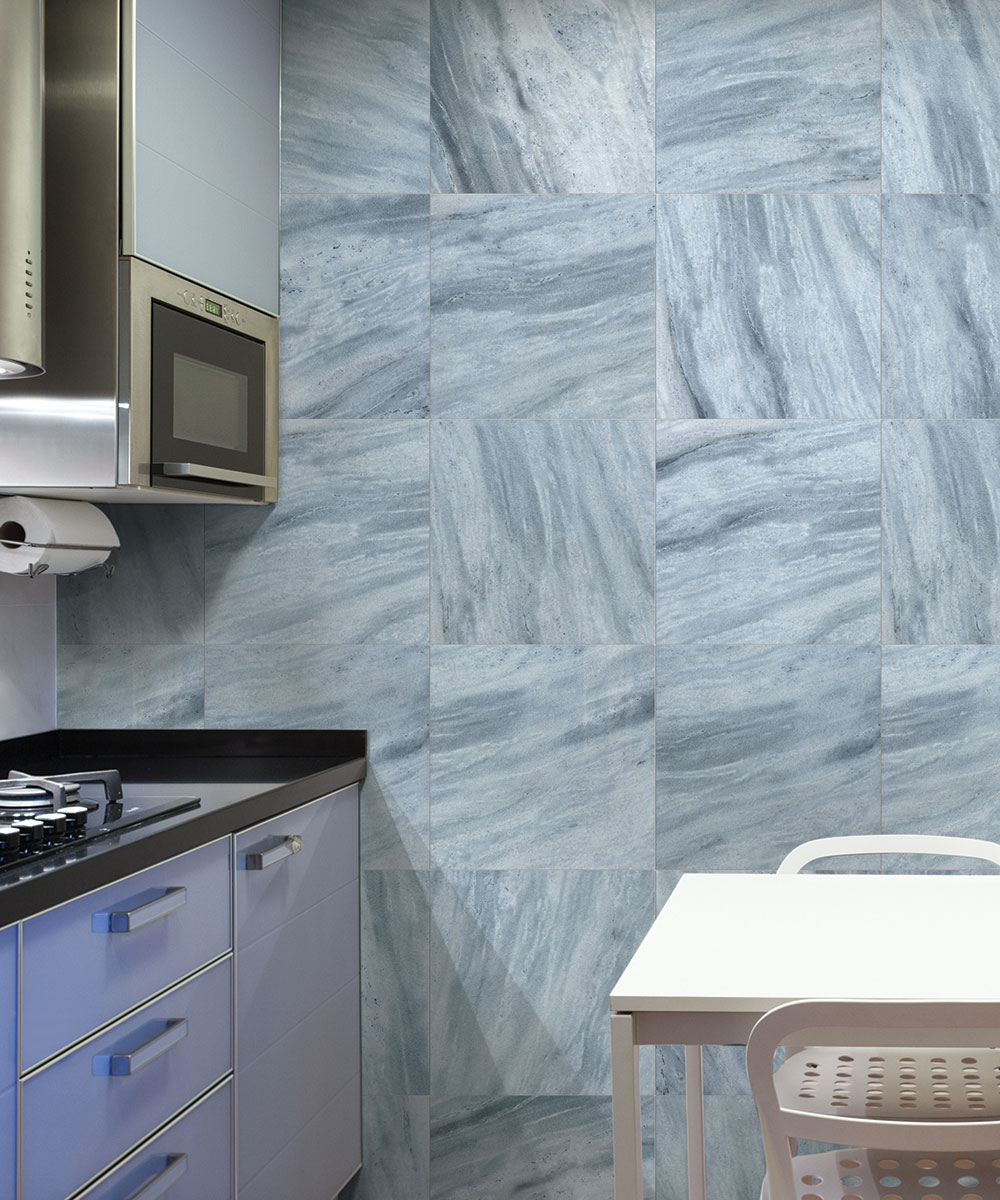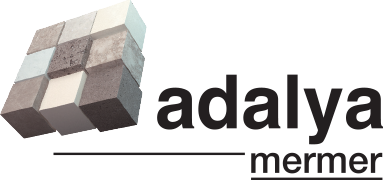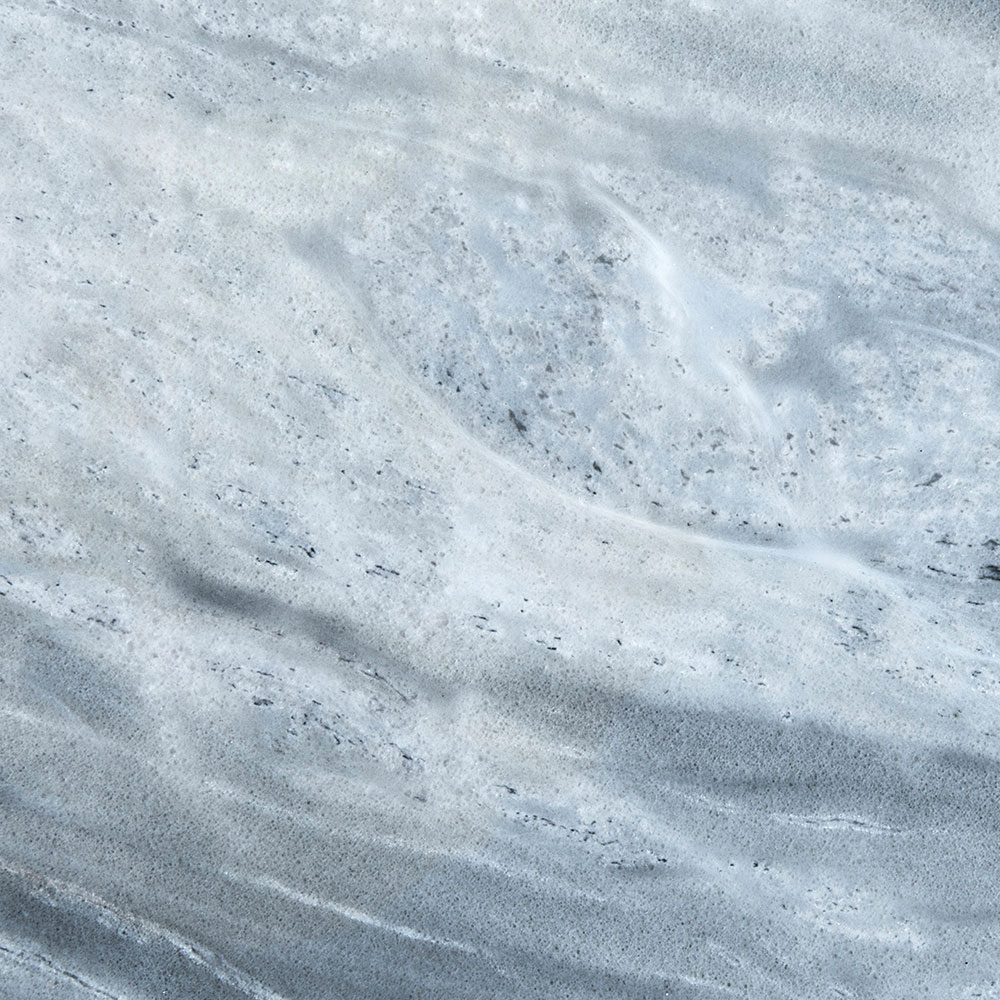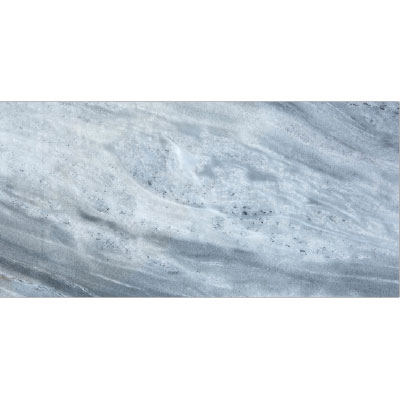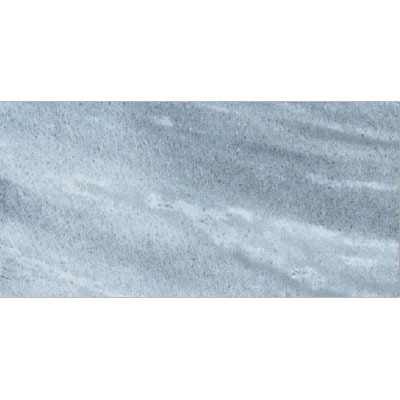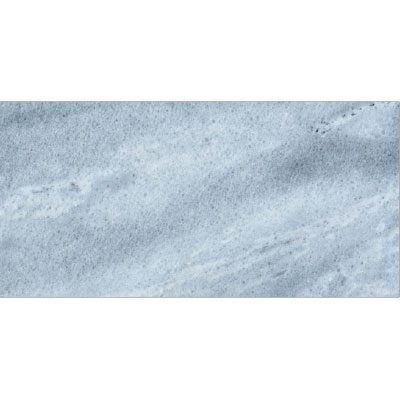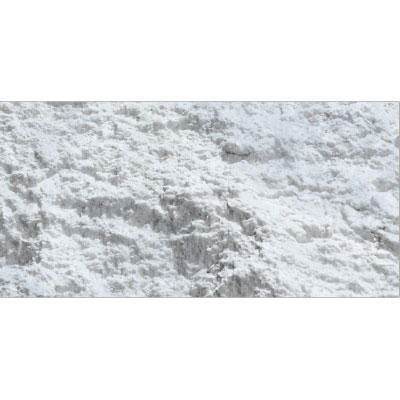Weight Per Volume Unit (g/cm3): 2,82
Uniaxial Compressive Strength (MPa): 126
Porosity (%): 5,44
Mohs Hardness: 3,5-4,0
The popularity of marble tile is soaring up high with each passing year. Marble tiles define culture as well as add antique style to the room. Those who like antique effect in their home, marble is just a perfect tile for their home. However, they are mostly liked by homeowners but are not limited to residential structures anymore. They are highly preferred by hotels, commercial complexes, even offices to obtain ethnic look. Bathrooms, hallways, pathways, etc. are few distinct yet frequently used areas where marble fits perfectly into it. Its common application areas include floor and wall, but they can be used according to one’s taste or recent trend. Coming in varied design patterns this flooring material due to its versatility is now being used widely in the hallway, kitchen countertops, bathroom or even in the garden. Marble tiles are considered to be one of the most elegant flooring material as it creates a glamorous appeal to the room. These-days marble tiles coming with different textures and impressive characteristics are ideally suitable in making sculptures, installing it on floor, sinks or counter tops.
Marble Tile Pavers Stain Removal Guide Marble requires a high level of maintenance, particularly when used for flooring applications. If you are installing marble pavers in a high traffic area, be sure to use non-reflective finishes, for they require less maintenance, but must be sealed. Marble pavers will absorb oils and other liquids; it is acid sensitive and can be easily scratched. Therefore, it is very important to care for your marble pavers. Rust Stains For rust stains you can use either Glycerin, Sodium Citrate, Oxalic Acid, Ammonium Oxalate or Sodium salt. Oil Based Stains For oil-based stains such as grease, tar, cooking oil and food, use bleach or a scour, household detergent, Ammonia, mineral spirits or Methyl Chloride. Efflorescence When the Marble pavers have a white haze appear on the surface, this is efflorescence. You should use distilled water to remove this substance. Ink For ink stains on dark colored Marble use Acetone or thinner. For light colored Marble use bleach or Peroxide. Moss, Algae, Fungi For these biological type of stains, clean your Marble pavers with diluted Ammonia, bleach, Peroxide or Sodium Hydrochloride. Paint If you happen to spill paint on your Marble flooring, you can use alkaline paint remover or Methyl Chloride. Tea, Coffee, Cosmetics For organic stains such as these, you can use Acetone, Toluene, and Xylene or pour Hydrogen Peroxide on the stain and add a few drops of Ammonia and leave for a while. Discoloration If you notice your Marble pavers seem to be discoloring you can use either alkaline stripper, bleach, Hydrogen Peroxide or re-hone and polish them.
